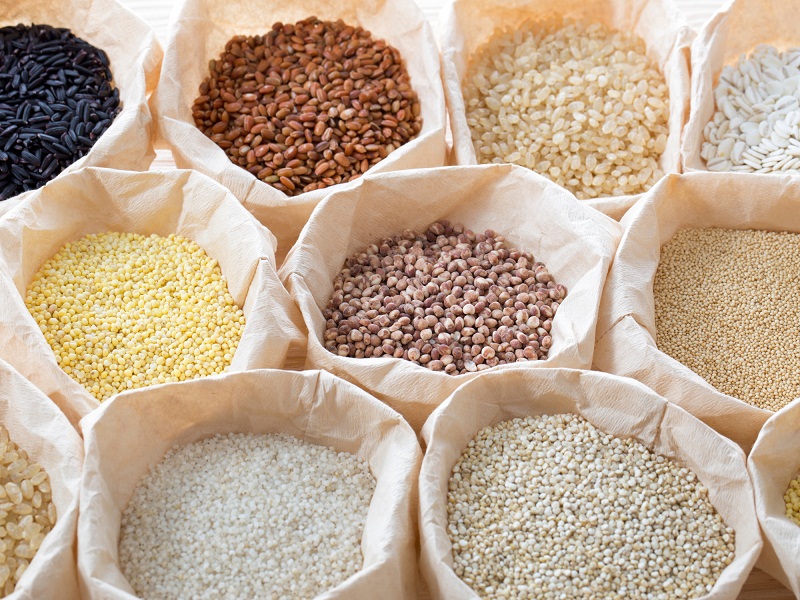The Nutritional Benefits of Millets
Millets are small-seeded grasses that have been staple foods in many cultures for thousands of years. They are considered superfoods due to their high nutritional value, and they have been gaining popularity in recent years due to their health benefits and versatility in cooking. In this article, we will discuss the various nutritional benefits of millets and why they should be included in your diet.
High in Nutrients: Millets are a rich source of essential vitamins and minerals, including iron, magnesium, phosphorous, potassium, and B vitamins. These nutrients are essential for maintaining good health and preventing various chronic diseases.
Gluten-Free: Millets are naturally gluten-free, making them an excellent option for people with celiac disease, gluten intolerance, or other gluten-related conditions.
Good Source of Fiber: Millets are rich in fiber, which is important for maintaining good digestion and preventing various digestive disorders. Fiber also helps regulate blood sugar levels and promotes feelings of fullness, which can help with weight management.

Low in Fat: Millets are low in fat, making them an excellent option for people who are trying to reduce their calorie intake or maintain a healthy weight. Additionally, the fats found in millets are mostly unsaturated, which have been shown to have a beneficial effect on heart health.
Good for Heart Health: Millets contain magnesium, which has been shown to help reduce the risk of heart disease by improving blood flow and reducing inflammation. Additionally, the high fiber content in millets can help lower cholesterol levels, which is also beneficial for heart health.
Good for Diabetics: Millets have a low glycemic index, meaning they do not cause a rapid spike in blood sugar levels. This makes them a good option for people with diabetes, as they help regulate blood sugar levels and reduce the risk of complications related to the disease.
Supports Weight Management: Millets are low in calories and high in fiber, making them an excellent option for people who are trying to lose weight or maintain a healthy weight. Additionally, their low glycemic index means they can help regulate blood sugar levels and prevent cravings, which can lead to overeating and weight gain.
Supports Bone Health: Millets are a rich source of phosphorus, which is important for maintaining strong bones and reducing the risk of osteoporosis. Additionally, the high magnesium content in millets can also help support bone health.
Supports Brain Health: Millets contain B vitamins, which have been shown to have a positive effect on brain function and memory. Additionally, the high magnesium content in millets can help reduce the risk of depression and anxiety, which are both related to poor brain health.
In conclusion, millets are a highly nutritious and versatile food that should be included in your diet. They are gluten-free, low in fat, high in fiber, and rich in essential vitamins and minerals, making them a great option for people who are looking to improve their health. Additionally, millets are easy to cook and can be used in a variety of dishes, making them a great addition to any diet. So, next time you’re looking for a healthy and delicious food option, consider incorporating millets into your diet.


